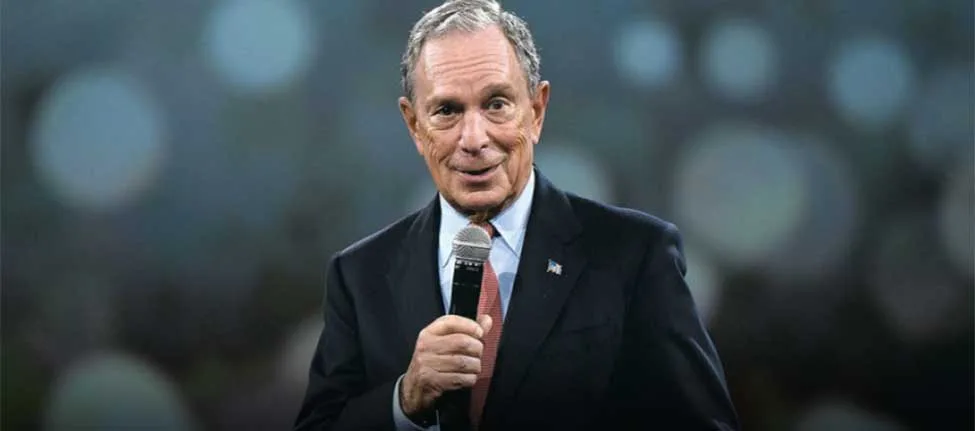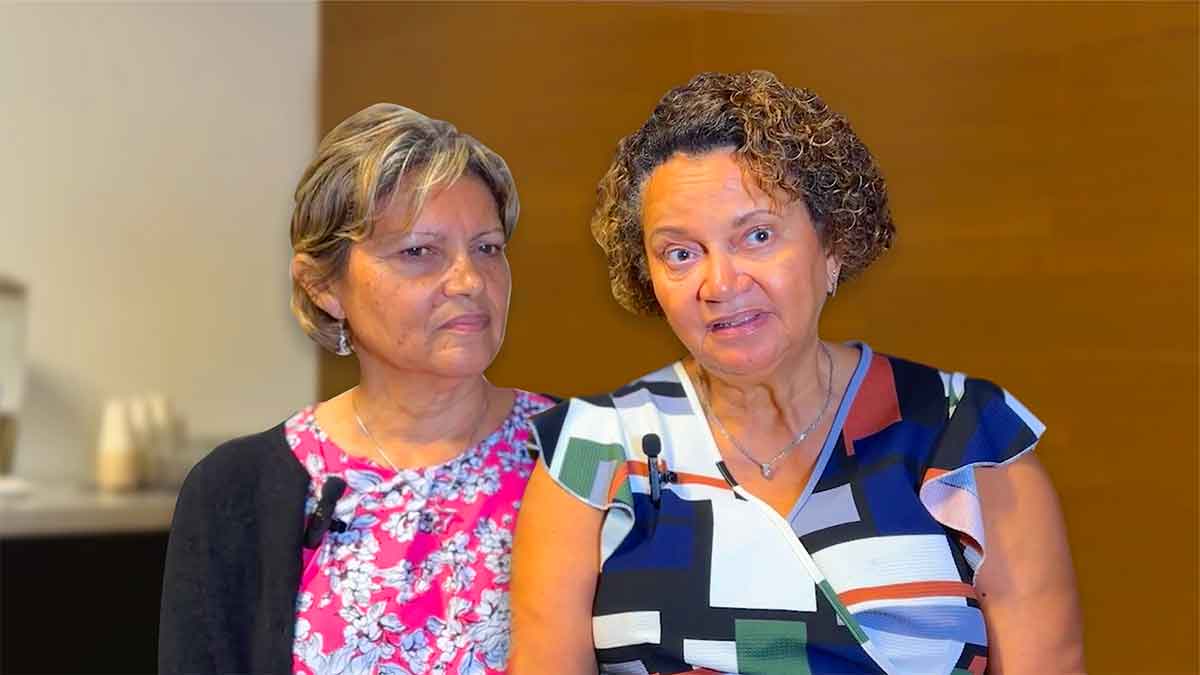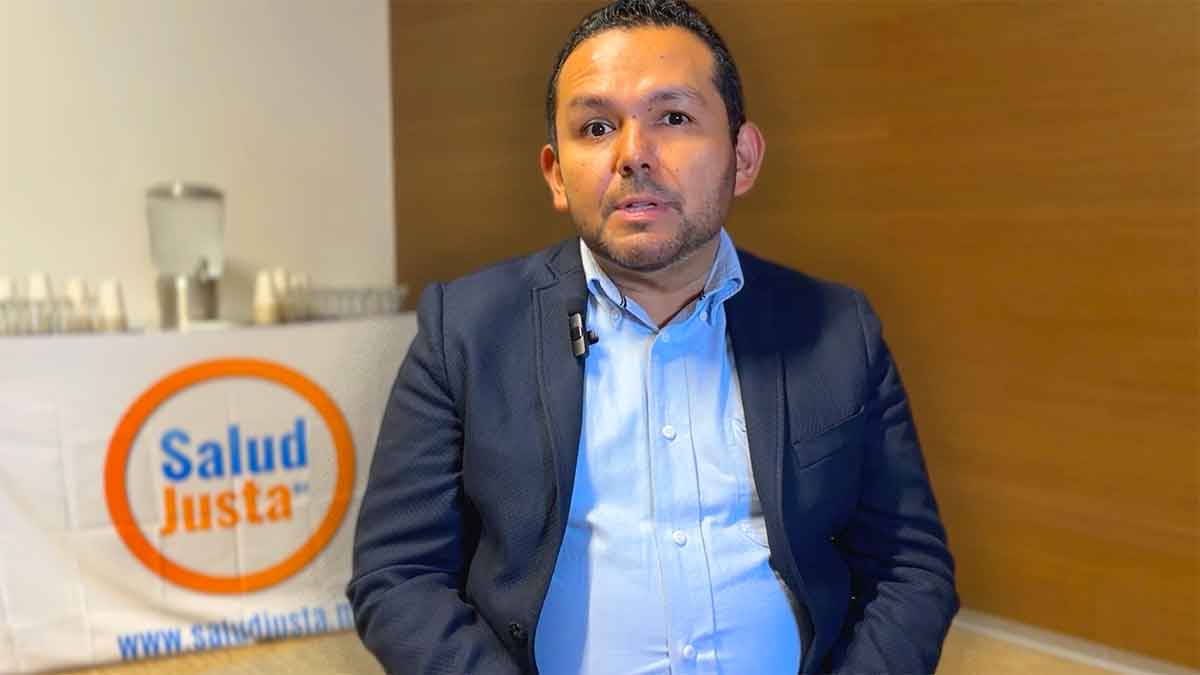- Resources
- News
-
-
Get Email Updates
Sign up for STOP's emails and never miss an update on our latest work and the tobacco industry's activity.
-
Get Funding
Ready to tackle industry interference? You could be eligible for a grant.
-
Share a Tip
Do you have information on tobacco industry misconduct in your country? Let us know.
-
Get Email Updates
Sabotaging Policy
July 28, 2019

Anti-tobacco body funded by Bloomberg points finger at Retailers Against Smuggling
By Barry J Whyte
Read the original article in The Business Post
An anti-tobacco campaign funded with $20 million from billionaire former New York mayor Michael Bloomberg has identified an Irish retailers’ lobby group as an “ally” of Big Tobacco.
Research carried out by a group called Stopping Tobacco Organisations and Products (STOP) identified Irish shopkeepers’ organisation Retailers Against Smuggling (RAS) as being among dozens of European groups into which Big Tobacco has channelled funding in recent years.
RAS, which was set up in 2009 and today has nearly 3,000 retail members, has filed nearly 20 entries in the lobbying database over the last three years in its efforts to highlight the issue of illegal cigarette smuggling and the rate of tax on cigarettes.
RAS is part-funded by the Irish Tobacco Manufacturers Advisory Committee (Itmac), which is controlled by British American Tobacco, Japan Tobacco and Imperial Tobacco. Itmac’s stated goal is to challenge what it calls the “de-normalisation” of smoking and “moral-based policies” on cigarettes.
In another Irish connection, STOP’s research highlights a European Commission direct-democracy initiative called Let’s Demand Smarter Vaping Regulation, which was initiated by a number of people with links to the tobacco industry, including Irishman Michael Kenneally.
The initiative is sponsored to the amount of €10,000 by Imperial Brands, while another of its members is the head of EU corporate affairs for the tobacco company.
According to Phil Chamberlain, a researcher at the University of Bath’s Tobacco Control Research Group as well as a partner in STOP, the tactic of using such third-party groups or ‘astroturf’ organisations – so called because they look like grassroots organisations – is an effort to get around many governments’ refusal to engage with Big Tobacco.
“The industry is desperate to be back at the table,” he said. “It will do anything it can to legitimise its place in tobacco control discussions.”
He added that “the tactics used by the tobacco industry are ones they laid out in documents they released as a result of court actions in the 1980s and 1990s. We know this is the tactic because this is how they talked about it internally.”
He said that the “number one policy objective is a moratorium on tobacco taxes”. The industry’s argument is that higher taxes cause smuggling, though Chamberlain said that recent studies show that this is not supported by the evidence, particularly because of tobacco companies’ flexible approach to pricing.
When contacted by The Sunday Business Post, Olivia Buckley of public relations firm Instinctif Partners – who is a spokesperson for RAS – said she would not disclose the level of funding provided by Itmac to RAS, and said that the purpose of RAS was to “raise awareness on behalf of retailers of the effect of smuggling of illicit tobacco, fuel and alcohol”.
When asked if RAS disputed STOP’s characterisation of them as an ally of Big Tobacco, Buckley said: “That’s not what we do. We’re an awareness-raising body representing retailers in Ireland. Tobacco is just one element because it is the largest smuggled product in the country.”
Buckley is also involved with another local lobby group called Vape Business Ireland, which shares an office with RAS, and where the members include Philip Morris International, PJ Carroll and John Player.
The STOP research comes as the tobacco industry ramps up its lobbying efforts in Ireland. Lobbying filings for the last three years show that several major international tobacco companies have launched extensive campaigns here, sending hundreds of emails to and holding dozens of meetings with Irish TDs, senators and MEPs.
In February, this newspaper revealed that Labour leader Brendan Howlin had written to Minister for Finance Paschal Donohoe asking him to consider allowing civil servants to meet with tobacco companies. The letter followed lobbying that Howlin had received from two giant cigarette-makers, Japan Tobacco and Imperial Brands.


